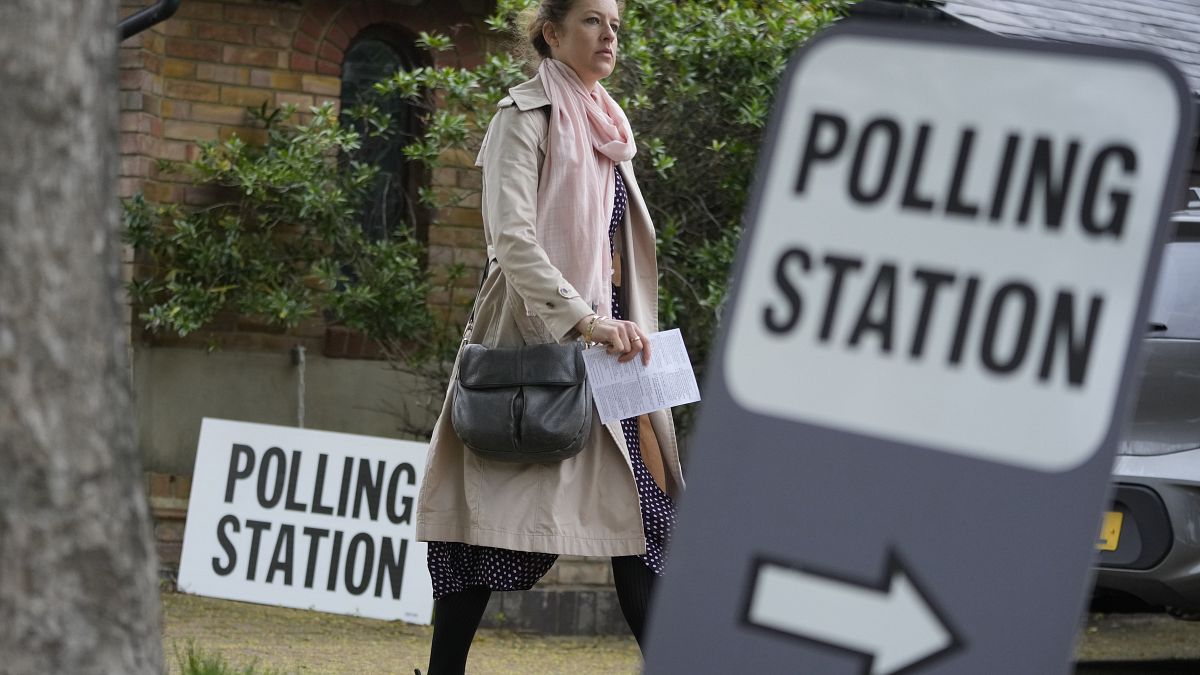Rishi Sunak, the current Prime Minister of the UK, is facing a tough battle as the general election approaches. Recent polls suggest that the Labour Party is likely to win, breaking the Conservative Party’s winning streak since 2005. Sunak has been campaigning vigorously, visiting various places to connect with voters and emphasize the progress made during his time in office. However, even appearances by former Prime Minister Boris Johnson have not lifted the spirits of the Conservative Party, with many admitting defeat.
On the other hand, Labour’s leader Keir Starmer has been advocating for change and urging voters to support his centre-left party. Despite not making groundbreaking promises, Labour has garnered support from various sectors, including the business community and conservative newspapers. Political analysts believe that Starmer’s steady approach resonates with the current mood of the country, which is looking for fresh ideas following a period of turmoil and division under the Conservative Party’s rule.
The Conservative Party, led by Sunak, has faced several setbacks during the campaign, including gaffes, scandal, and questions about their handling of the economy. Sunak’s early departure from a D-Day commemoration event, followed by a gambling scandal involving his associates, has further eroded public trust in the party. These incidents, coupled with the fallout from previous government missteps, have made it challenging for Sunak to convince voters that the Conservatives are capable of leading effectively.
As the election day approaches, other parties such as Reform UK, the Liberal Democrats, and the Green Party are also vying for attention from voters disillusioned with the main political players. While many voters express a desire for change, there is also a sense of skepticism about whether any party can deliver on their promises. The outcome of the election is expected to bring about significant shifts in British politics, with potential challenges and opportunities for the winning party in navigating the country’s future.
Experts predict a lower voter turnout in this election compared to previous years, but the results are anticipated to have a significant impact on the country. If Labour secures a majority and the Conservatives face a defeat, it could mark a substantial economic and political transformation in Britain. This election may signal a shift in power dynamics and policy direction, reflecting the changing priorities and demands of the electorate as they seek a new direction for the country. Regardless of the outcome, the election is likely to shape the political landscape for years to come, setting the stage for a period of change and uncertainty in British politics.































